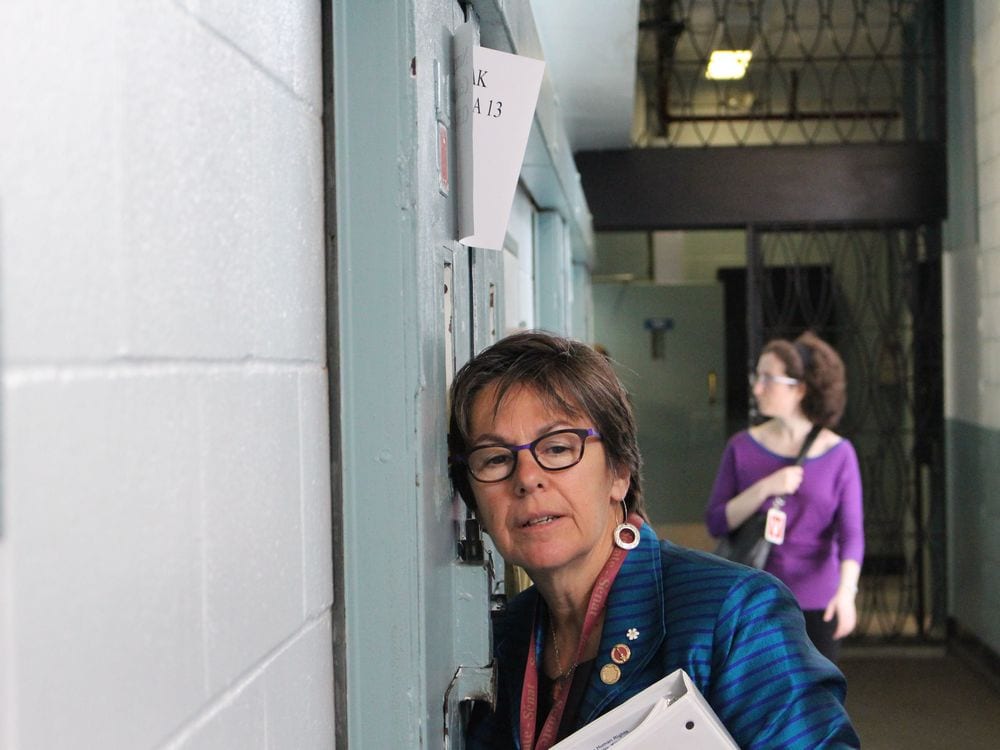
FOR IMMEDIATE RELEASE
OTTAWA, MONDAY, AUGUST 10, 2020—This Prisoners’ Justice Day, I stand in solidarity with prisoners, their families, supporters and allies across the country as they honour the memory of the women and men who have died in prisons.
Prisoners’ Justice Day began as a commemoration of the preventable death of a prisoner in segregation at Millhaven Penitentiary 46 years ago. Today it is recognized around the world as a day that marks the international struggles against continued neglect, silence and inaction regarding the human rights and legal protections of and for prisoners.
As the Black Lives Matter movement as well as ongoing work of Indigenous and other racialized communities has emphasized, deep-rooted and systemic racism and discrimination in Canada have cost too many racialized peoples their well-being and lives within Canada’s criminal legal and prison systems.
This year, the global COVID-19 pandemic has underscored these unacceptable and horrific legacies. Despite requests from the Minister of Public Safety, as well as recommendations from medical and legal professionals working within prisoners, not to mention international human rights organizations, the Correctional Service of Canada failed to establish robust depopulation strategies to identify and release individuals from federal prisons. Instead, they isolated and segregated prisoners and subjected them to ever more restrictive and punitive conditions of confinement and maintained that such regressive measures were the only form of physical distancing they were willing to implement.
For those inside, COVID-19 has meant an exacerbation of ongoing human rights violations including long-term conditions of isolation and solitary confinement and a lack of access to the community-based alternatives to prison, particularly health and mental health care options. Along with long term care and other forms of institutionalization, prisons must be called to account. How many more egregious human and Charter rights violations will it take to ensure judicial oversight of correctional services?
This Prisoners’ Justice Day, and every day, let us honour those who have died, including as a result of COVID-19 and other illnesses and conditions that are preventable and treatable in our communities, and as a result of systemic silence, neglect, discrimination and violence.
Let us honour those inside, their loved ones, advocates and allies who are working tirelessly to uphold human rights and dignity for all. Let us honour the men and women here in Ottawa who have undertaken hunger strikes at the Ottawa Carlton Detention Centre, seeking an end to systemic discrimination, including based on race, gender and ability. Let us honour the women who lived and died in the Prison for Women in Kingston, and support the work of the women in the P4W Memorial Collective. Their courage and leadership both inside current prisons for women and in their communities amount to decades of work to decriminalize and decarcerate women.
With humility and gratitude, I extend my appreciation and respect to all marking this Prisoners’ Justice Day. It is vital to hold Canada to account for its victimization, criminalization and imprisonment of those most economically, racially, socially and personally marginalized. Together, in solidarity, we can and we must build a fair, just and inclusive future for all.
See also: Inside Canada’s East Coast prisons (photos)
With a special thanks to our generous donors who make publication of the Nova Scotia Advocate possible.
Subscribe to the Nova Scotia Advocate weekly digest and never miss an article again. It’s free!



